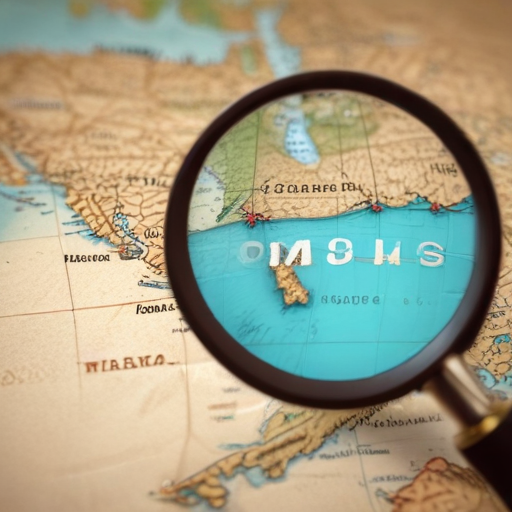During a recent address, President Donald Trump expressed his intention to rename the Gulf of Mexico to the “Gulf of America,” a proposition he initially introduced earlier in the month during a news conference. This suggestion serves as part of his broader agenda to reshape perceptions of the Western Hemisphere and America’s role within it. Trump has previously articulated similar ideas, such as referring to Canada as the “51st State,” urging Denmark to consider the cession of Greenland, and advocating for Panama’s return of the Panama Canal.
This focus on renaming geographical landmarks aligns with Trump’s history of contentious interactions with Mexico, particularly concerning issues such as border security and trade tariffs. For context, the Gulf of Mexico is frequently acknowledged as the United States’ “Third Coast,” stretching across five southeastern states, while it retains the Spanish name “El Golfo de México” in Mexico.
While the idea of renaming the Gulf of Mexico has raised eyebrows, it is important to note that such a change is not a straightforward process. The International Hydrographic Organization (IHO), which includes both the United States and Mexico as members, oversees the naming of global seas, oceans, and navigable waters. Therefore, it is unlikely that the Gulf can be unilaterally renamed without wider international consensus.
On a related note, Rep. Marjorie Taylor Greene of Georgia has indicated her intent to draft legislation aimed at changing the gulf’s name, claiming it would address necessary funding for new maps and federal policy updates.
The historical context of the Gulf’s name traces back over four centuries, originating from a Native American city known as “Mexico.” Attempts to alter the name have occurred before; for example, in 2012 a Mississippi lawmaker proposed naming parts of the gulf “Gulf of America,” which was later dismissed as a light-hearted suggestion.
Reflecting on a broader issue, disputes over geographical names are not uncommon globally. The naming of the Sea of Japan, for example, has seen contention among several countries. However, Trump’s focus on this issue seems to stand out, provoking discussions about national identity and the significance of place names in shaping collective memories and perceptions.
In conclusion, while Trump’s proposal to rename the Gulf of Mexico might seem like a hyperbolic expression of national pride, it sparks crucial dialogues about sovereignty, identity, and how places are perceived by those within and beyond national borders. Such discussions serve as a reminder of the importance of names which carry deep historical and cultural significance.
